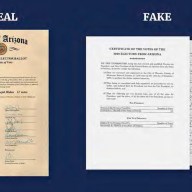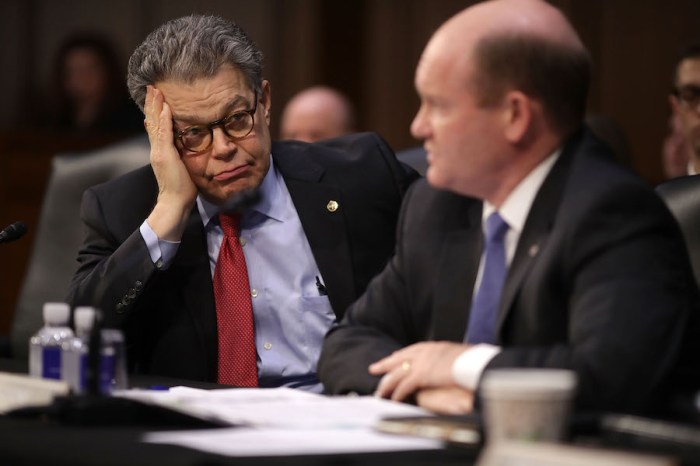Taking a gap years is back in the spotlight — and you can thank President Barack Obama’s daughter, Malia. The 18-year-old is set to spend the year interning for Hollywood producer Harvey Weinstein before attending Harvard University.
Of course, she’s not the first one to dive into the idea, but she might be onto something.
The idea of taking a break to travel or volunteer without the burden of academic schedules is an alluring concept for high school students. And that’s not because they’re ditching the textbooks and hitting the beach, says Robin Pendoley, founder and CEO of Thinking Beyond Borders, a gap-year program. “There’s a lot of fear for parents and for students that a gap year is some kind of a glorified vacation or that it’s going to be a distraction from academic success and graduating from college,” he explains. Except none of that is true. “The research shows that students actually perform better in college and get more out of school when they take a well-structured gap year.”
While the programs themselves can take various forms — volunteer work, internships abroad, or even part-time jobs — the main idea is simple: Students benefit from this unrestricted exploration outsidethe classroom.
We spoke with Pendoley and the executive director of the American Gap Association, Ethan Knight, to find out how:
Stand out from the pack
Noting a gap year on your resume is a great way to highlight your individuality, says Knight. The “gap-year conversation” also usually ends up taking the bulk of the interview, he explains, “because it’s the most interesting thing that you’ve done.” While other students might have been a part of school clubs and kept straight A’s, there aren’t many students who can say they traveled to India to volunteer in community health clinics. In that sense, “It’s a way to demonstrate that there’s much more dimension to you, and that you might have more to contribute to the workforce, to your team and, just as importantly, that you have understanding of different cultures,” he explains.
Plus, with an overwhelming number of people entering the workforce with a bachelor’s degree, “you have to do something even more distinguishable — something that shows who you are and what you’re going to bring to that company or organization,” says Knight.
Discover your interests
“I like to think of a gap year, in its highest evolution, as a way of trying to figure out if [your career choice] is actually what you would enjoy doing every day,” says Knight. By getting hands-on experience — all aspects of a gap year incorporate some element of “learning by doing” — students essentially get to experiment with a career before they buy into it, he explains. That could mean working at a technology startup and discovering your passion for coding, or volunteering in the public-health sector and realizing you want to go pursue nursing.
It could also be a rude awakening to the nature of certain careers. “The classic analogy is, I want to major in marine biology, but it’s not until the end of my junior year that I realize that marine biology is mostly lab work, there’s very little time in the ocean. But now I’m two years into my bachelors degree with a mountain of debt, and it’s like, ‘Well, I’ve got to stay on course,” he explains. “Wouldn’t it have been nice to know that earlier?”
Gain real-world perspective
While much of our college time is spent studying theories, says Pendoley, “a gap year is a way to go out and get real-world context for those theories.” In other words, it’s a way to turn textbook knowledge into reality, he explains. That means truly delving into issues and watching them unfold. Knight uses the example of environmental theory: “We can talk about environmentalism, but it’s not until you go overseas to a heavily deforested area where you’re planting trees and talking to locals that you begin to understand the complexity and interrelation of everything.”
And this real world knowledge later finds its way into the college classroom, Pendoley says. By the time you get to college, “you’re not just taking one theoretical thinker and bouncing off the ideas of another, and then trying to incorporate some interesting piece of that into your papers,” he explains. “You’re actually bringing your own experience from the field into the conversation.”



















